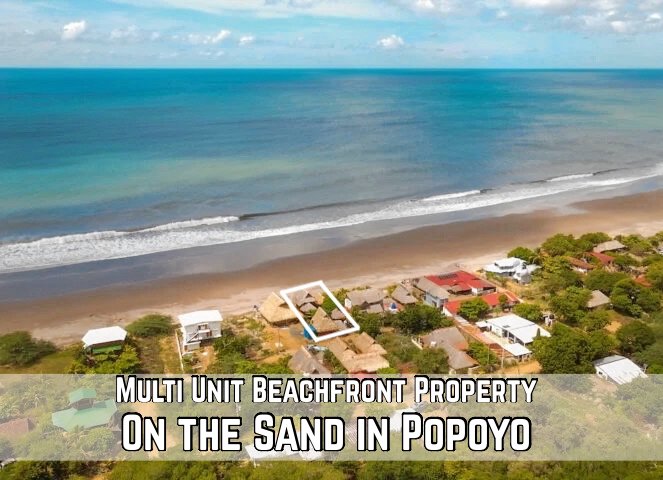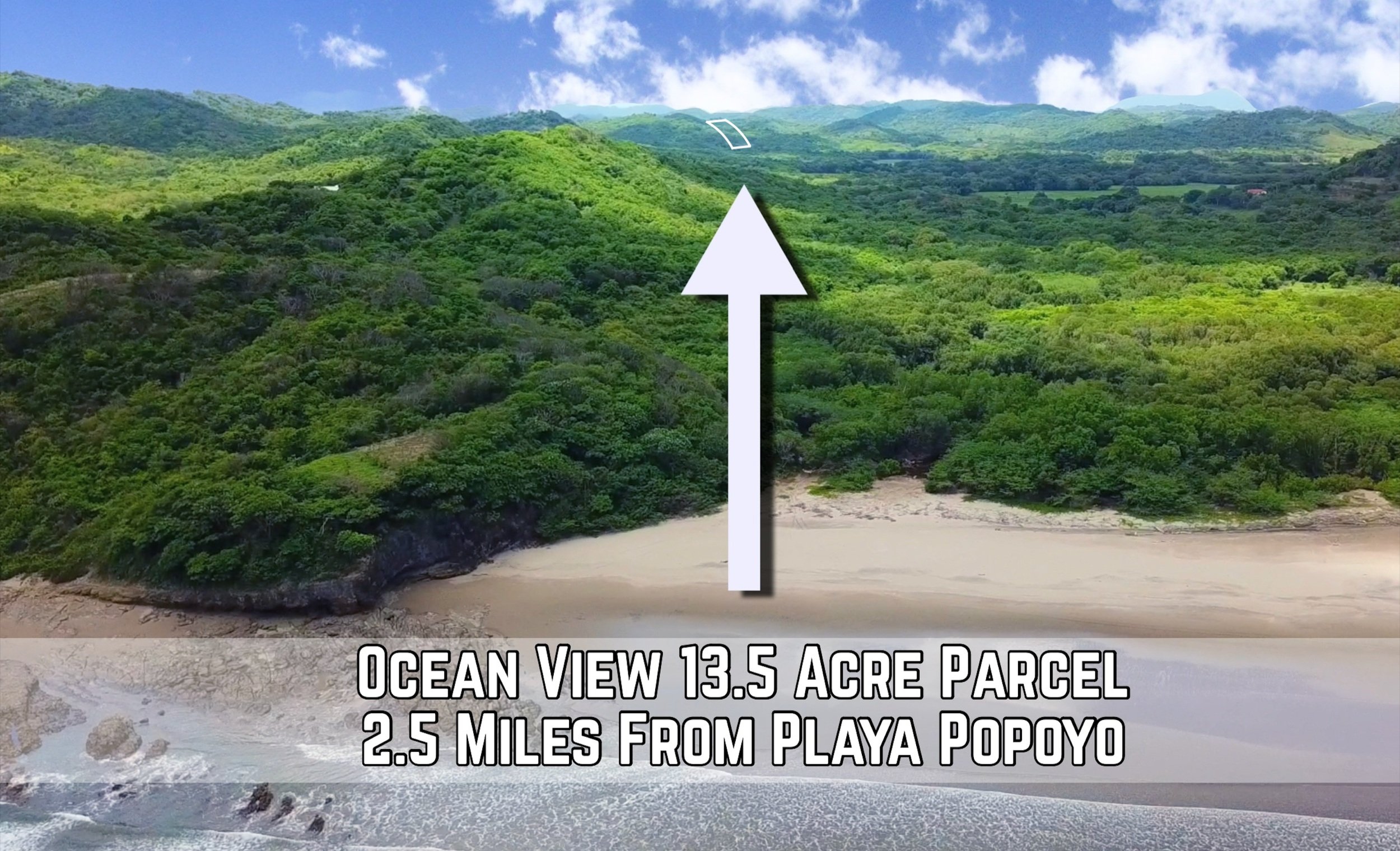Nicaragua's New Coastal Highway: A $400 Million Dollar Infrastructure Investment on the Pacific Coast

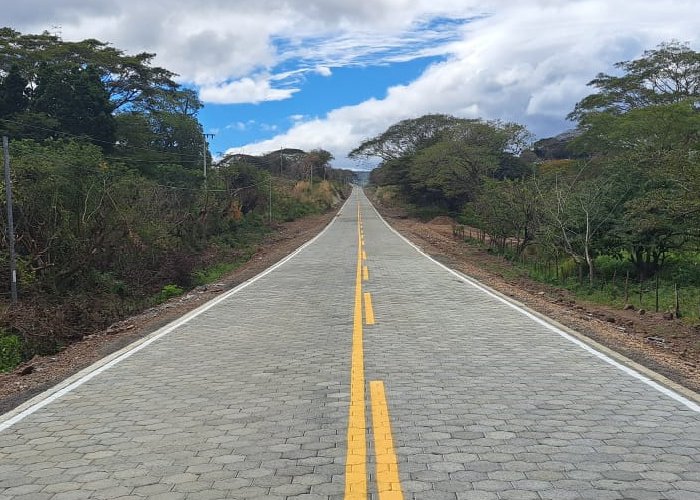
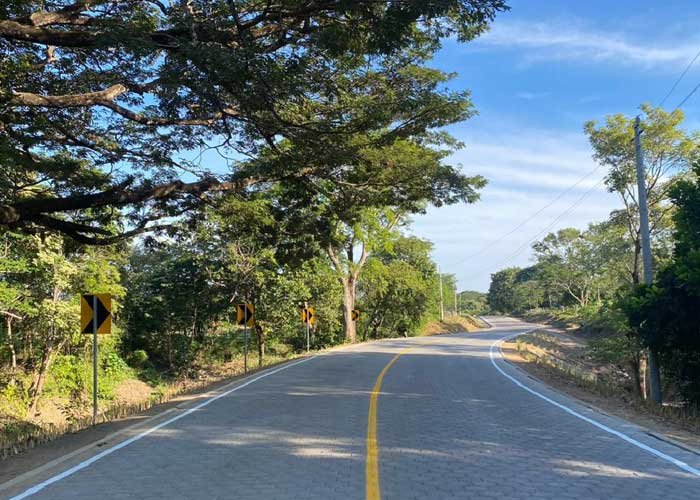
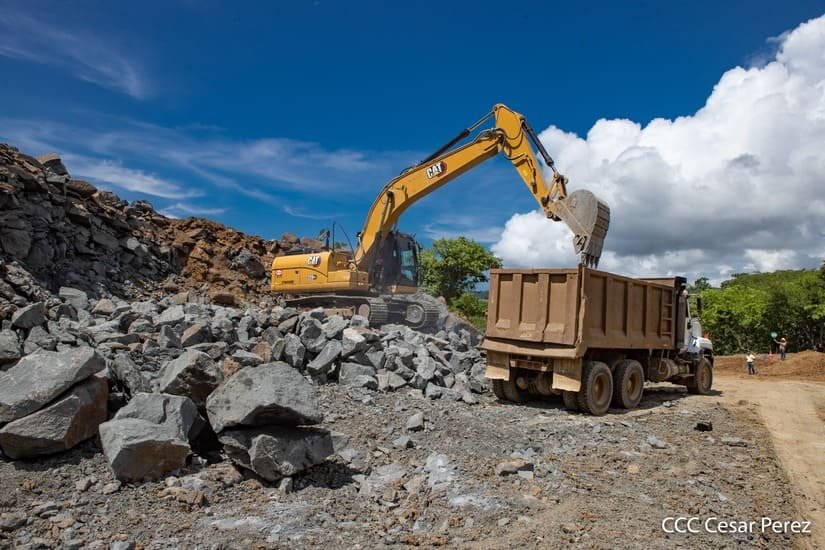
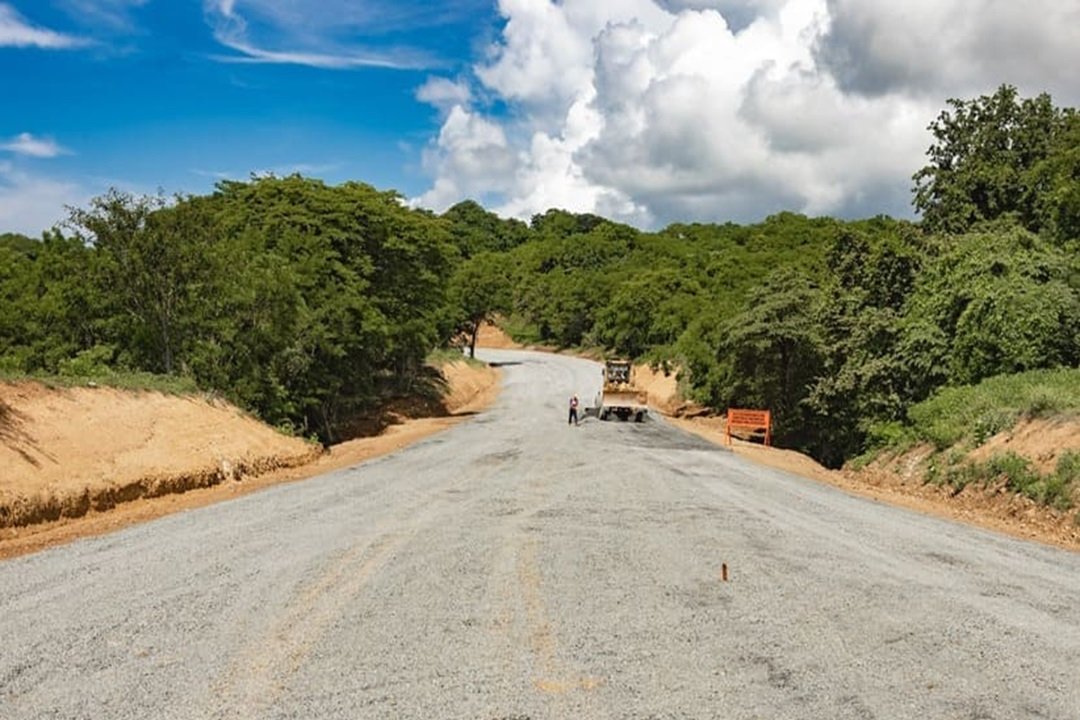
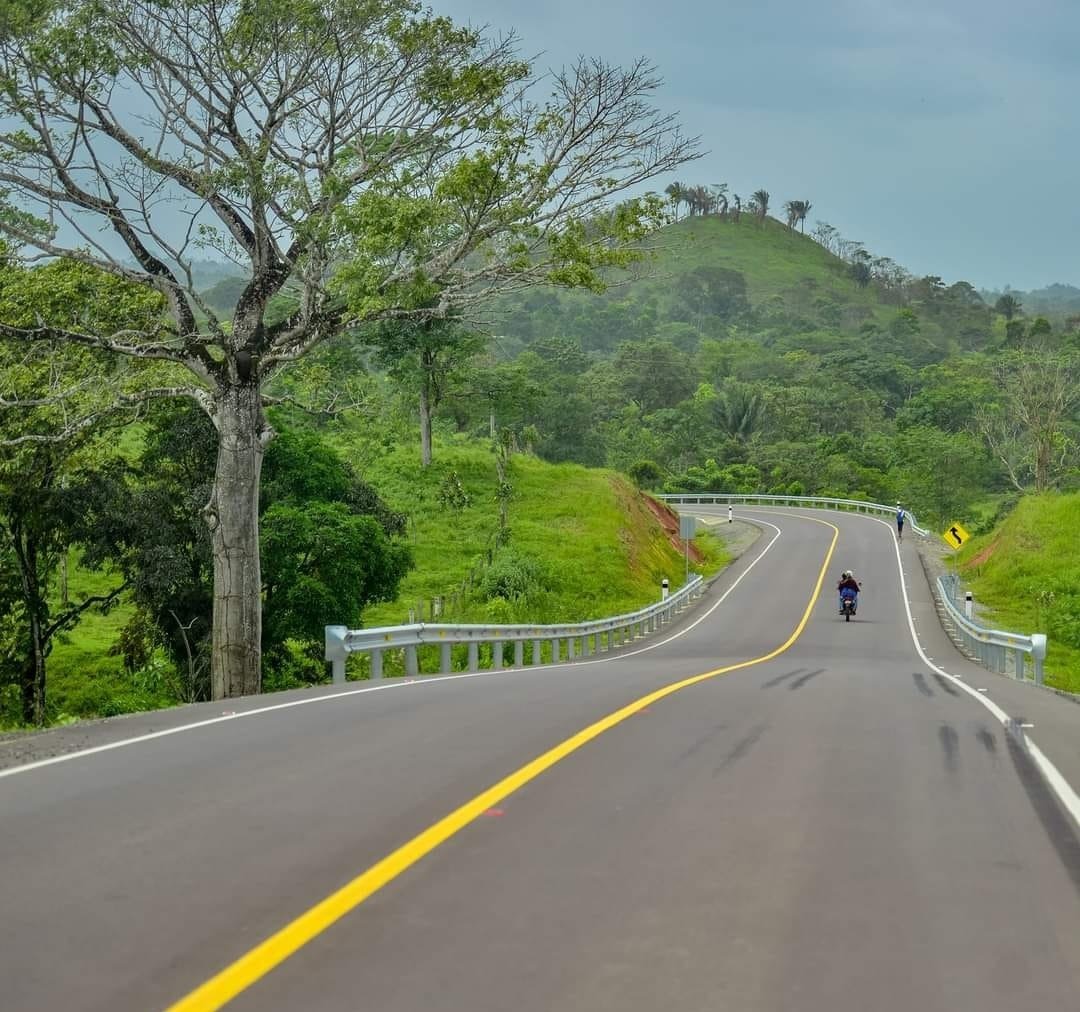

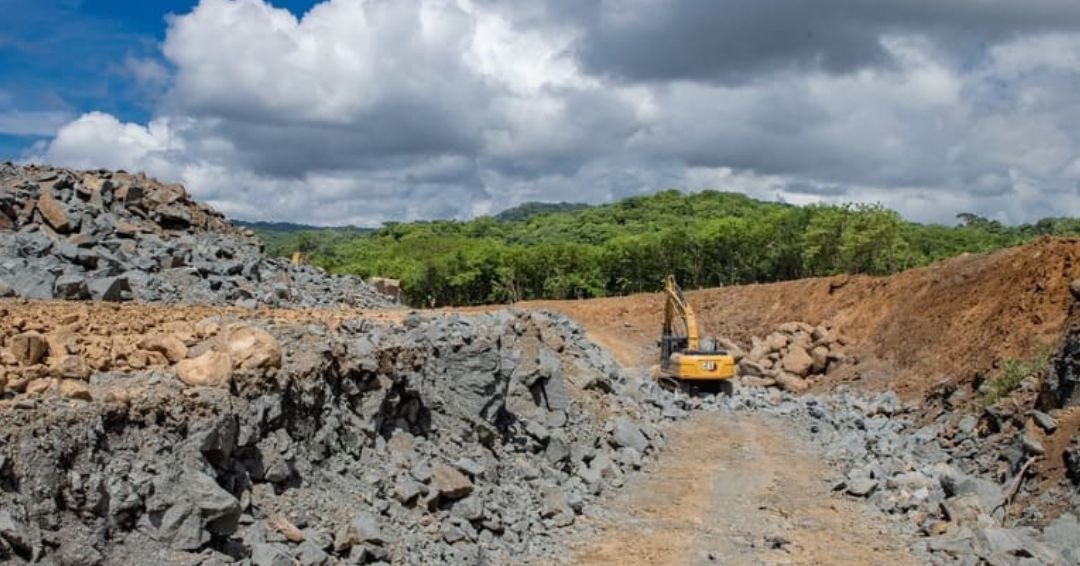
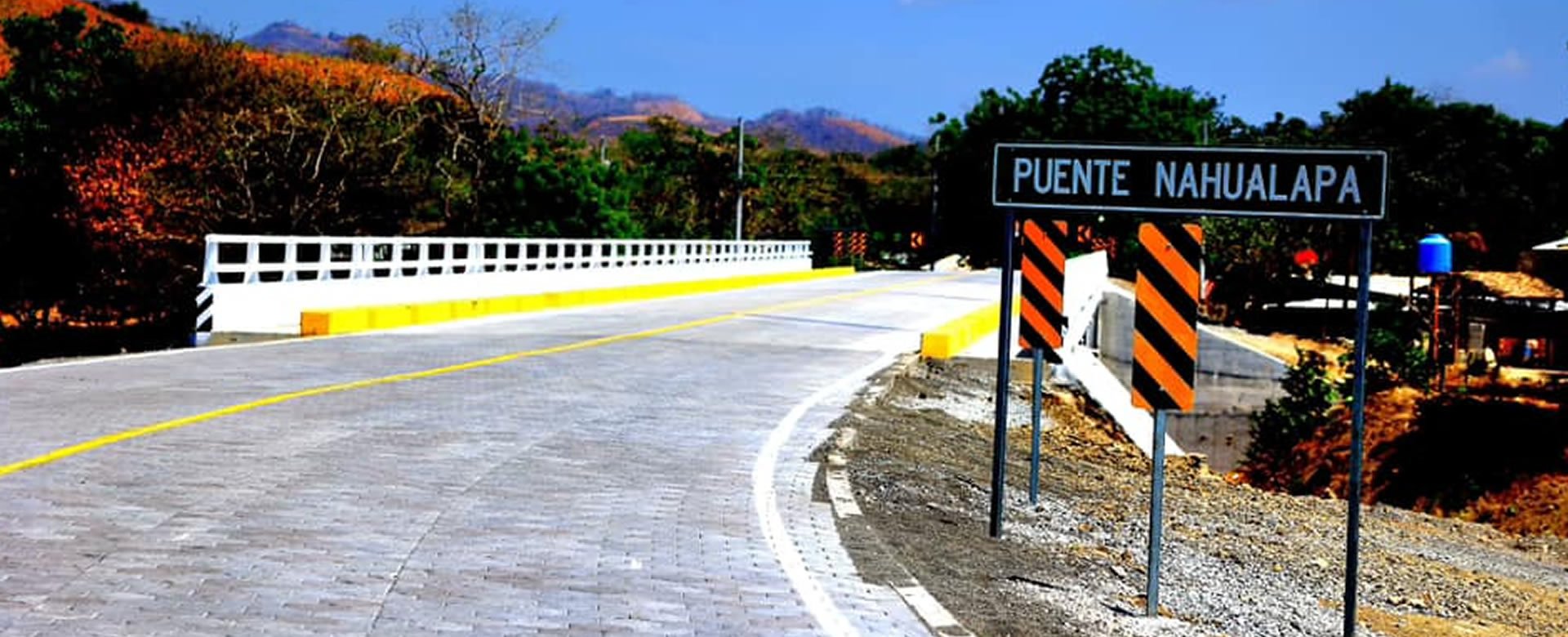




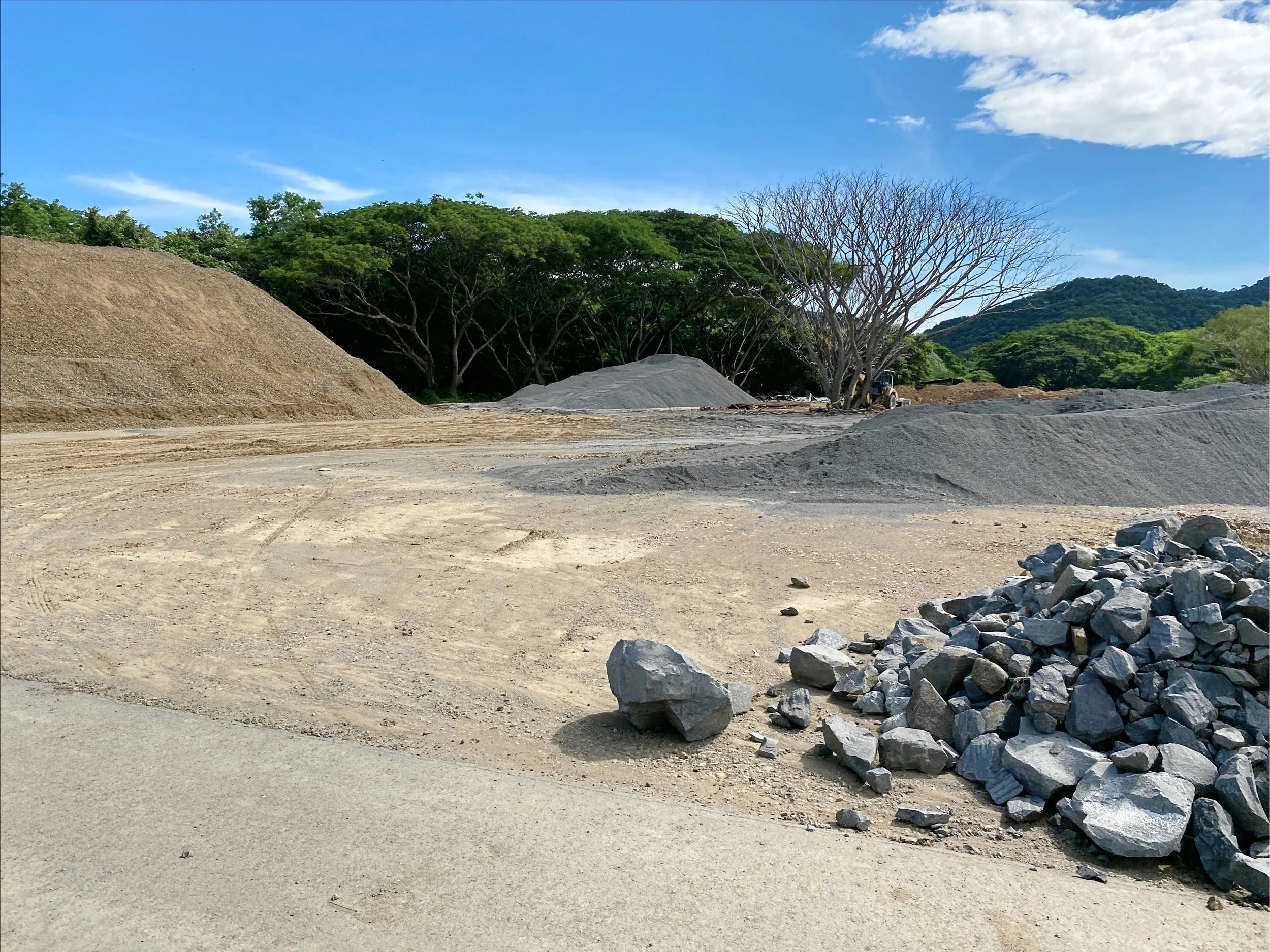










The much-anticipated Coastal Highway “Carratera Costanera” project is already demonstrating its transformative impact on Nicaragua's economy. It is dramatically improving access from the international port through the nation's most important tourism locations.
As referenced in the previous article and video on the 2024 Market Report, this project will contribute to the consistent growth observed in both the tourism and real estate industries over recent years. The record levels of tourism in 2023 are likely to be surpassed in 2024 and beyond. This stable, consistent growth will be further augmented by this long-planned project.
With an initial main stage panning an impressive 355 kilometers (220 miles) along the Pacific shoreline, this transformative infrastructure initiative will connect the northern and southern regions of the country like never before. By dramatically improving transportation and accessibility, the project will unlock new economic opportunities and elevate the region's development.
This is a historic investment in Nicaragua's infrastructure. With a total investment of $401.5 million, it is one of the most significant projects in Central America in recent decades. It is often compared to Costa Rica’s remarkably successful development of the Guanacaste Peninsula, situated just south of the Nicaraguan border where the highway begins.
Currently being rapidly constructed in multiple stages by a consortium of contractors, the highway has already decreased travel times from Managua by 40% to areas like Popoyo. In the San Juan Del Sur area, the dramatic improvement in access to Playa Remanso, for example, will shorten travel times and provide easier access to the excellent surfing available at the numerous breaks Nicaragua has to offer.
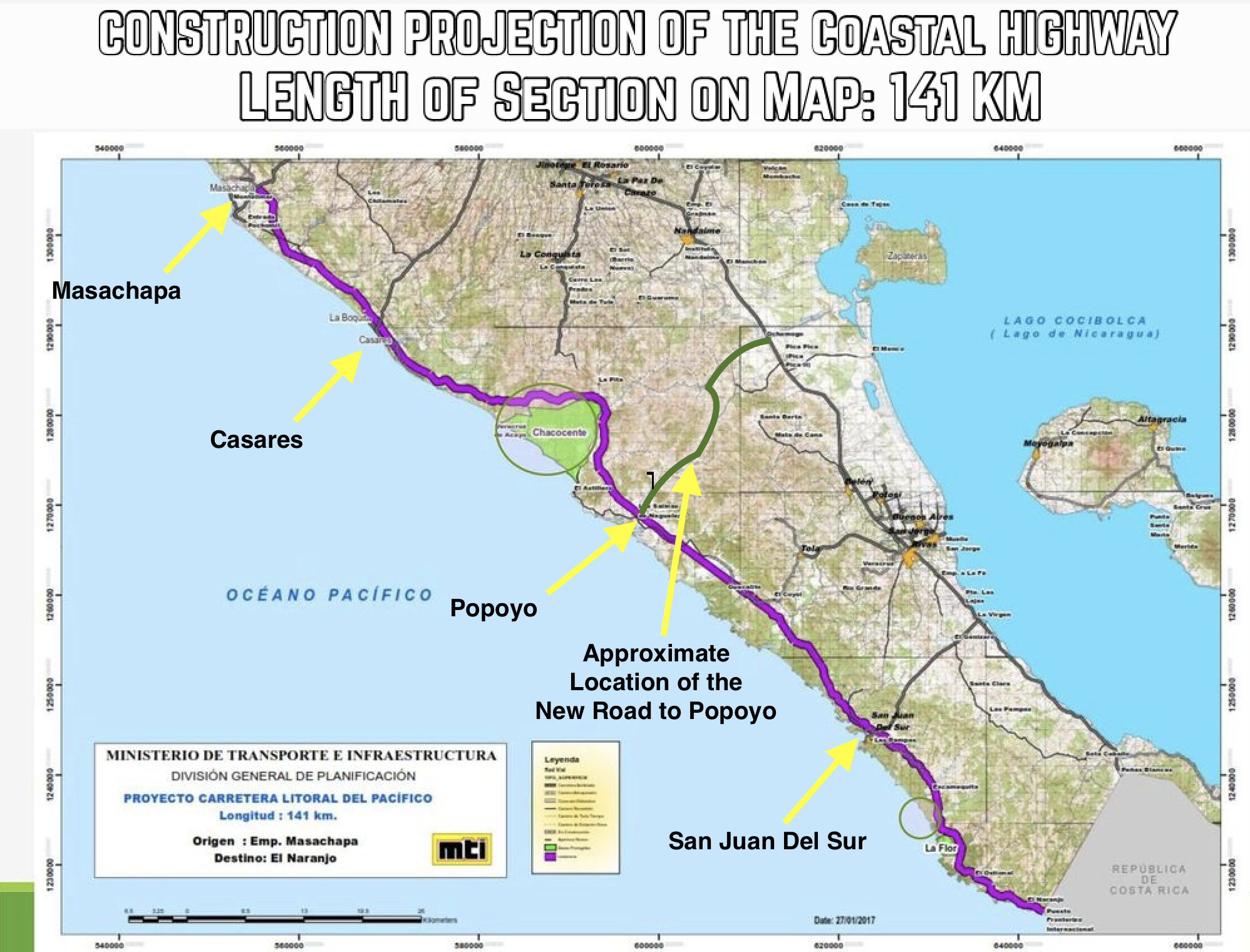
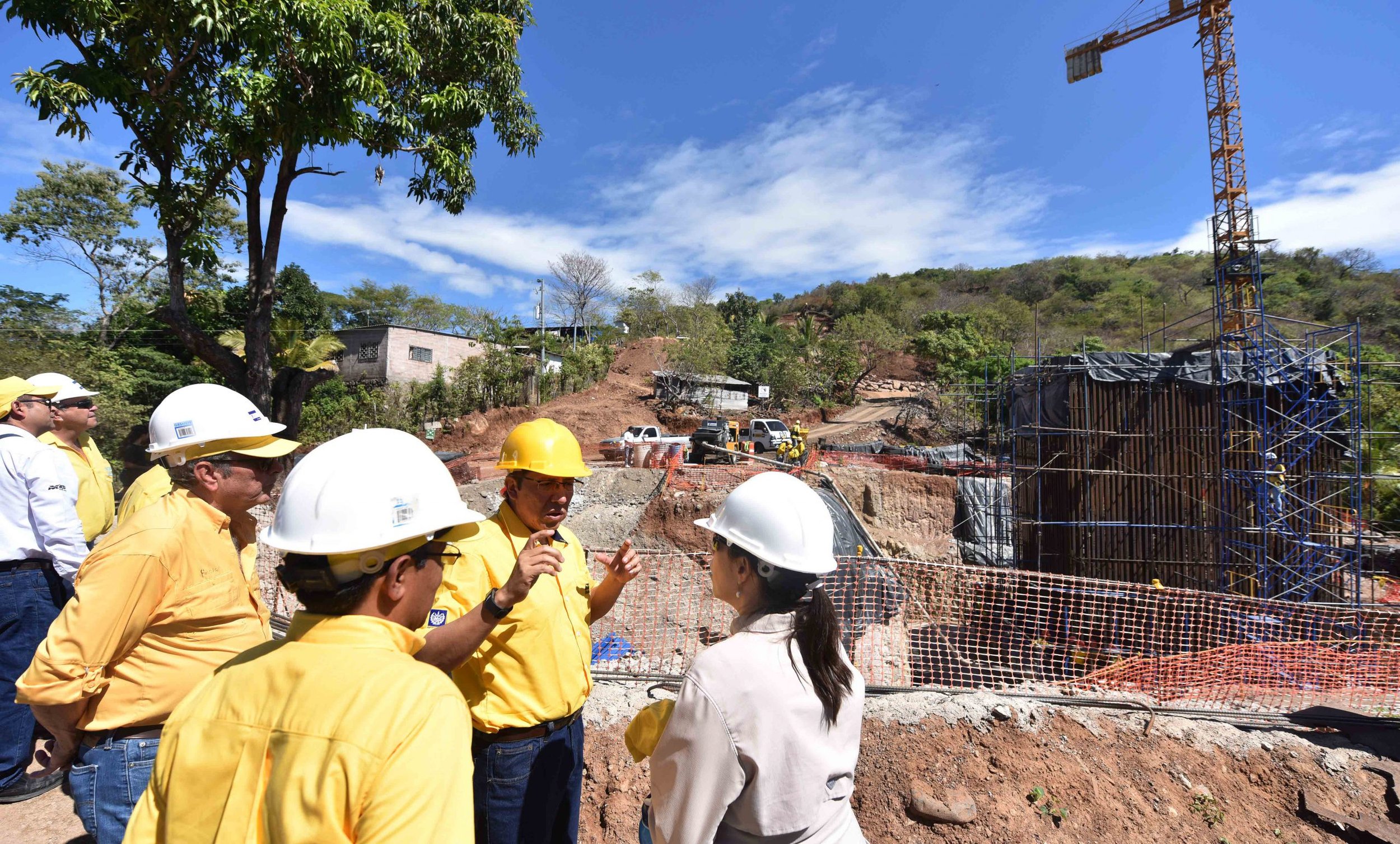

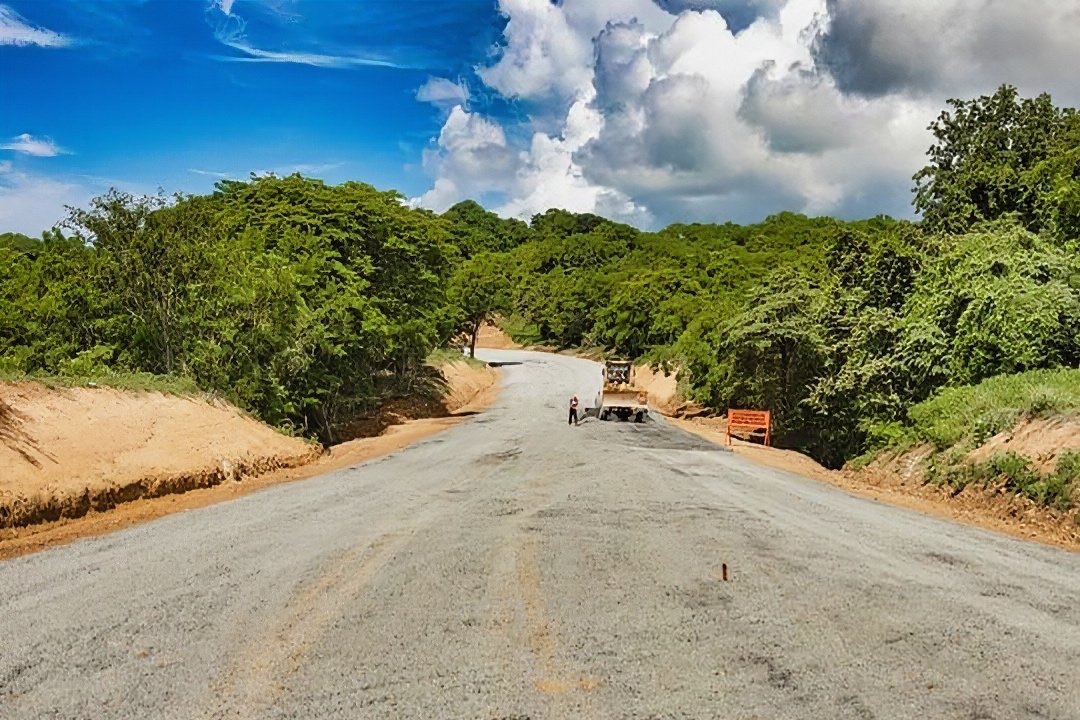







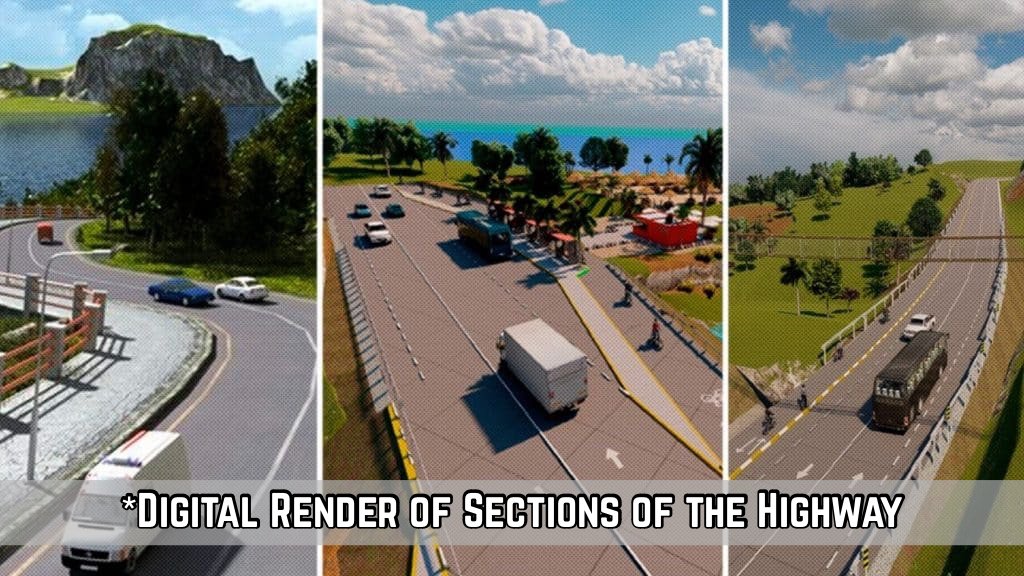

The long-planned project includes $382.6 million in funding via a loan from the Central American Bank for Economic Integration (CABEI), with the remaining $19 million provided by the Nicaraguan government. The loan, which has a term of 15 years, includes a three-year grace period from the date of the initial disbursement. In addition, China has committed funds for a second stage as part of the recently signed free trade agreement between the two countries. Given the volume of goods Nicaragua imports from China, the cost of a wide range of products has decreased. Nicaragua's increasing use of renewable technology, such as solar power, will also help reduce the costs of these products, benefiting the sustainable construction industry by decreasing reliance on fossil fuels.
The Coastal Highway addresses critical needs for Nicaragua. Its primary purpose is to improve connectivity between the country’s coastal cities and towns, thereby enhancing regional development. It links the main port of Corinto to the southern coastal tourist and expat hub of San Juan del Sur. The highway will boost trade, tourism, and economic activities along the coast and throughout the country.
This project is also expected to stimulate local economies that currently lack the abundance of tourism seen along the route. Improved access to local and international markets will benefit agricultural areas, particularly with greater access to the enormous Chinese market. This is already creating job opportunities and fostering growth in previously underserved areas.
The Coastal Highway is currently progressing through various stages of development. Several key sections have already been completed, providing a glimpse of the highway’s future potential. Work is now underway on the central segments that will connect major urban centers and tourism hotspots.
These ongoing construction efforts focus on both upgrading existing roads and building new segments to ensure a seamless and efficient route. The quality of the construction is impressive, with the $400 million investment equivalent to a multi-billion dollar project in highly developed countries due to the lower costs of labor and materials in Nicaragua, similar to the significantly lower cost of living here and the value for money available.
At the time of writing, the northern and southern ends of the highway are in advanced stages, while work continues on connecting these areas through some of the more challenging terrain. The exact route of the highway has undergone, and will continue to undergo, minor adjustments to address environmental concerns, such as the preservation of coastal ecosystems and wildlife. The project also tackles logistical challenges, including the need for specialized construction techniques in difficult terrains.
The highway will pass through picturesque coastal areas, offering travelers stunning views and improved access to some of Nicaragua’s most beautiful beaches and natural attractions. It will also enhance access to several neighborhoods and gated developments near and south of San Juan Del Sur. By connecting these diverse locations, the highway aims to improve travel convenience and promote regional integration.
The timeline for completion is still not certain but my guess it the southern coastal area will be complete in the next 18 months.My personal opinion is that it will be great for the long term development of the country. Costa Rica did something very similar with the Guanacaste peninsula literally just across the border and now its economy is excellent.
Given that Nicaragua tends to have a slower growth rate than Costa Rica I don’t forsee an overnight boom.Rather I imagine the continued steady economic growth we have seen, with maybe a couple extra percentage points per year thanks to the highway.It’s going to make living and visiting here a lot easier, so that should benefit the tourism and real estate markets.
I’m looking forward to the growth and job creation as Nicaraguans are kind, hard working people who deserve the improved economic opportunities.
Thanks for reading. If you are looking for real estate here in Nicaragua you reach out to me on whichever of the ways below is most convenient.
Cheers 🌴🏖️
Joel Stott-Jess
LifeInNica.com
Cell / WhatsApp: +505 8176 8624
US Number 1 786 753 8743
Skype: joelstottjess
Joel Stott-Jess is a New York Times featured agent / broker in San Juan Del Sur, Nicaragua.
Originally from Alberta, Canada he has been doing business in Nicaragua since 2014.
An investment consultant, serial entrepreneur, surfer, and outdoor enthusiast he is an expert on the real estate and business markets in Nicaragua. He also operates The Central Investor, a real estate and investment blog focused on the entire Central American region.












